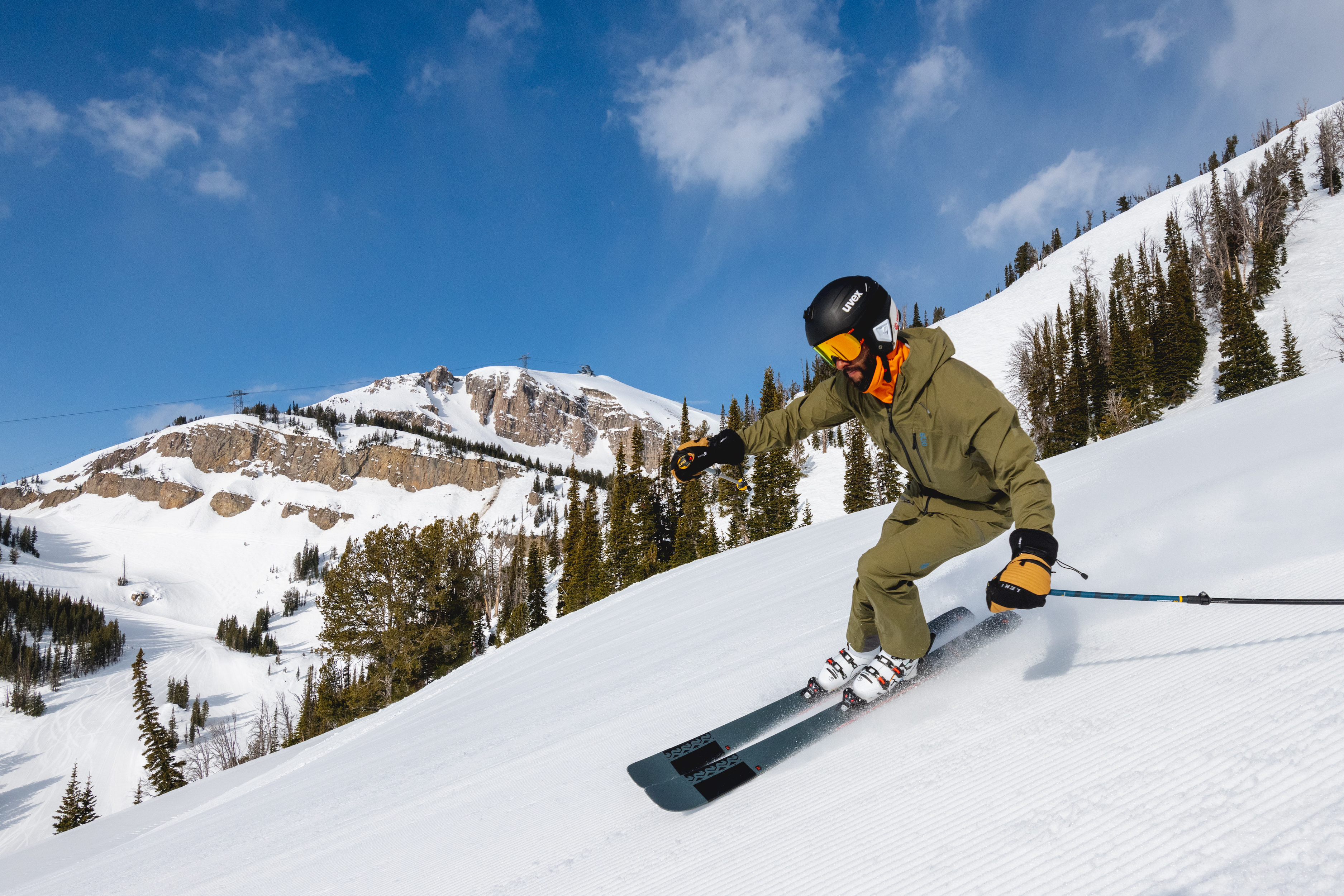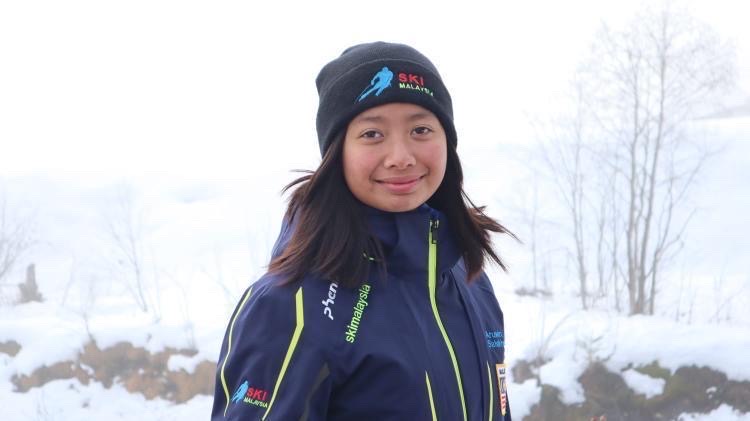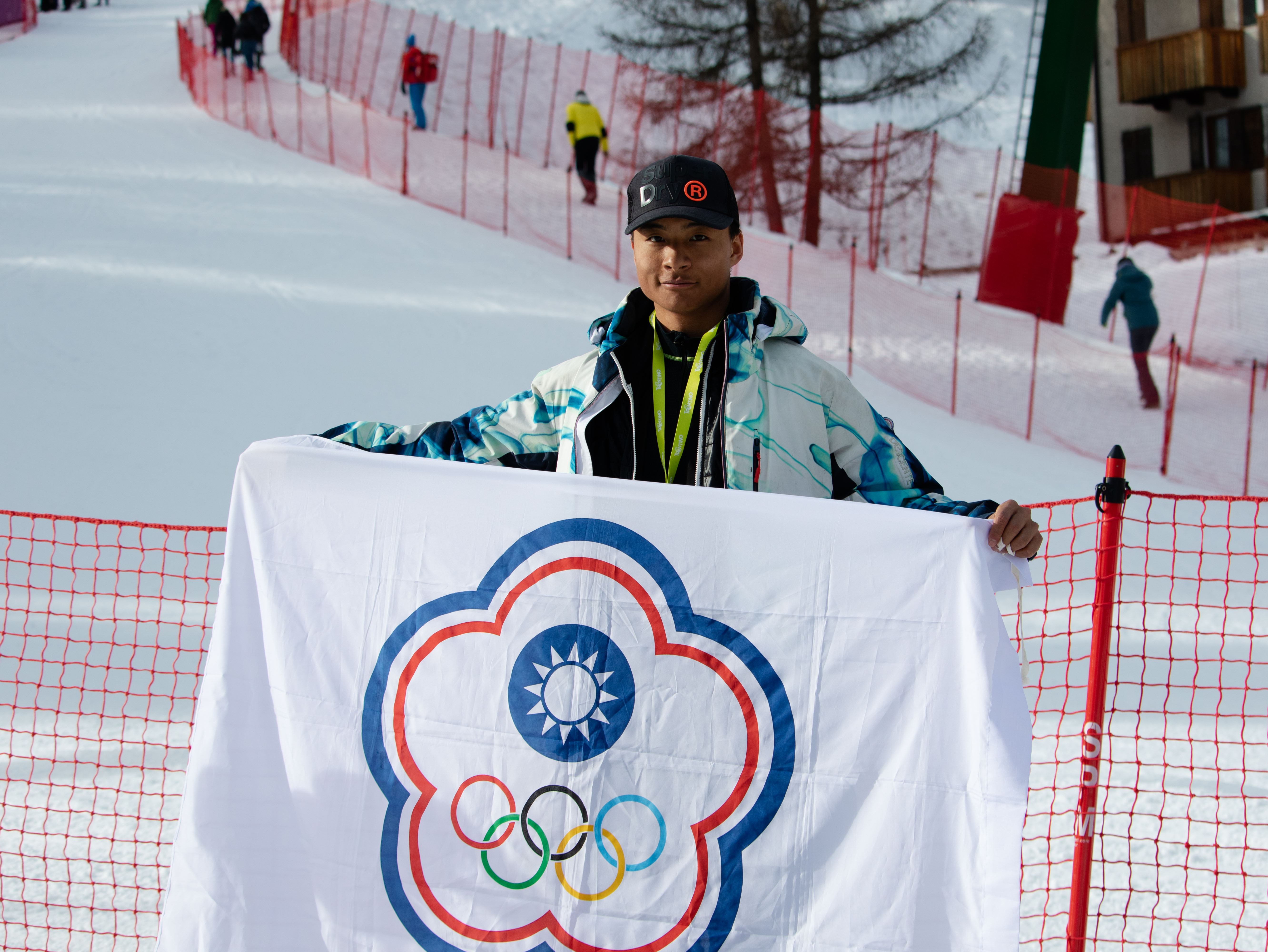We Spoke to Winter Olympians From Snowless Countries About How They Made It to the Games
February 9, 2022In Yohan Goutt Goncalves’ country, there is no indigenous word for snow.
When the 27-year-old skier became the first Winter Olympian from Timor-Leste—a small Southeast Asian island nation—he struggled to find the words to describe his sport. Most islanders have never been atop snowy mountains, let alone sped down slopes on narrow bits of metal.
“Most of the Timorese people don’t know what I’m doing,” he told VICE World News. “But what they see is the flag that’s being raised at the opening ceremony, and at an international event like the Winter Games, Timor also has a spot.”
Borrowing from Portuguese, now an official language of East Timor after 500 years of colonization, Goncalves describes skiing as “patins de neve,” or snow skates, to his compatriots.
In the world of sports, it’s common for wealthy nations to have the upper hand in competitions. The economic divide is plain to see in winter athletics, where many events are niche, and require expensive equipment and cold environments. As a result, many developing countries—often from the tropics and where the cultures and resources to support such endeavors aren’t as robust—are underrepresented at the Winter Games.
But despite hurdles in securing sponsorships to fund their careers, some winter Olympians from mixed backgrounds are choosing to represent their winter-free countries hoping for greater representation at what’s supposed to be a global event.
Goncalves, who has a French father and a Timorese mother, said he’s had to work throughout his entire eight-year Olympic career to finance himself. He also receives a scholarship from the International Olympic Committee of about 1,200 Swiss Francs ($1,230) a month, which helps with coaching, traveling to and from races, and training. The rest of the time, he budgets.
“This is why I was training in Romania and my coach is Romanian. I mean, ski passes are cheaper, the food is cheaper, accommodation is cheaper than, for example, skiing in France,” he said, referring to where he grew up.
Small nation athletes, who similarly struggle financially, also come together to make an unofficial team to share costs, Goncalves said. “When we go to races, we can share hotels, the cost of transport—if you have to rent a van to go to one resort from another one, we can share that also,” he said.
The former DJ-turned-skier Benjamin Alexander knew he wanted to compete for Jamaica, where his father is from, when he saw that his country only had three athletes at the 2018 Pyeongchang Games.
“Winter sports are massively lacking in diversity, and in a time in our world where we all focus on diversity, equality and inclusion, this is one of the areas that just by a quick glance, you can see that something is not quite right,” he told VICE World News.

Having only skied about 15 days in his entire life, 38-year-old Alexander said qualifying for the Olympics during the pandemic was one of the hardest things he’s ever had to do. To learn the sport, he crammed 1.7 million vertical feet of skiing in 37 days during a trip to Canada—a person usually averages 10,000 vertical feet during a leisurely ski. Alexander also avoided hiring a personal coach to save costs.
“So all the way along, I've had to beg, borrow, steal pieces of advice from coaches that might be coaching others nearby, or pay per-day rates to jump in with a coach for a few days here or a few days there,” the skier said.
The goal for Alexander at the Beijing Olympics is not to get on the medal stand, he said. It’s to finish within a respectable time and inspire the next generation of Jamaican athletes, like the country’s first bobsled team did back in 1988.
According to the Olympic Committee’s rules, athletes must be nationals of the country they represent. This allows some Olympians with multiple citizenships to tap into their mixed heritage and select a team best suited to their needs. Though some athletes have indicated that playing for another country is the only way they can qualify for the Games, an extremely difficult feat that only about one in 500,000 people can achieve, other contenders indicate patriotic pride as a top motivation for choosing a national team they weren’t raised in.
Naomi Osaka, a professional Japanese tennis player who grew up in the U.S., gave up her American citizenship to represent her birth country at the Tokyo Olympics. Japanese law states that dual citizens must select one citizenship before turning 22, and the decision was a no-brainer for the former world no. 1 in women’s tennis.
"I think that playing with the pride of the country will make me feel more emotional,” she told Japanese broadcaster NHK about her decision.
Aruwin Salehhuddin, Malaysia’s first woman athlete to compete at the Winter Olympics at just 17 years old, shares the sentiment. The alpine skier grew up in the U.S.’ Washington State, but her entire family lives in Malaysia. She also knew she wanted to follow in her father’s footsteps, who competed at the 1996 Atlanta Summer Olympic Games in canoe and kayak for their country.
“Because of that, I have a lot of ties to Malaysia, and I just felt like I am also truly a Malaysian,” she told VICE World News. Before Salehhuddin qualified for skiing scholarships, the Olympic skier said her mother worked hard to support her career.

But besides securing financial support for their Olympic careers, athletes representing small nations also need to move to colder climates to practice their sport, at times separating them from their support systems.
Taiwanese alpine skier Ping-Jui Ho knew that moving to Austria at the age of 15 to train and attend boarding school was good for his career. It also helped him avoid studying in Taiwan, which is known for long and rigorous school days, he said, though he was disappointed to learn he couldn’t completely avoid school by moving to Austria.
But life was incredibly difficult and lonely during those three years, he said.
The now 23-year-old moved to Austria—where children four years younger than him would beat him at skiing, he said—without any prior knowledge of German. “If I wanted to talk about deep stuff, I have to be good at German, but I couldn’t, so I just talked with my parents on the phone, but they also can’t help me because they’re in Taiwan,” he told VICE World News.
His desire to be a professional athlete pushed him forward, he said. But due to issues with funding, the skier is considering retiring from the sport after Beijing 2022. “I’m already 23 years old—I have to get a real job and start my new lifestyle,” he said.

For these Games, he wants to show the international community that Taiwanese athletes are good enough to qualify, and to proudly represent Taiwan, which hasn’t sent a Winter Olympian to the Games in 30 years.
Some athletes from small nations, places that lack the climate and infrastructure to support Winter Olympians, know they won’t medal at the Beijing Games. But after four years of hard practice and scouring for financial support, they’re just happy they made it through.
The Timorese skier Goncalves joked that he wouldn’t win a medal “unless everyone catches COVID-19.” But what he’s really at Beijing for is to have fun and be an ambassador for his country.
“Also, it's like a small nation challenge—it’s like, ‘Am I going to be in front of Ghana, or is Ghana going to be in front of me? Or India’s going to be in front of me, and I’m going to be in front of India?’” he laughed.
“And they’re all my friends so it’s like a nice little challenge—we challenge each other.”
